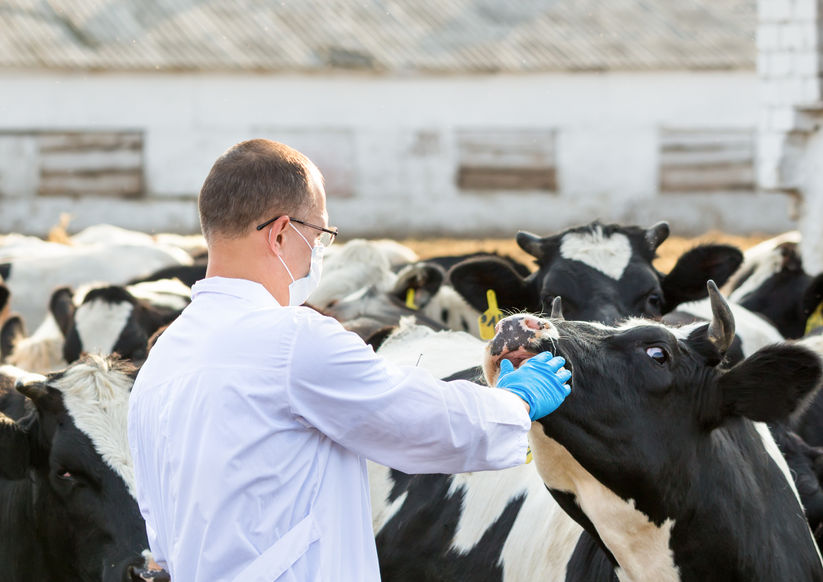
The government has been urged to work with the veterinary sector to ensure the UK's workforce capacity is filled and animal welfare standards remain high.
Veterinary professionals have raised fears that there could be a 'surge in demand on the sector's capacity' at the end of the Brexit transition period.
Concerns also focus on how the future immigration system will protect vets working in abattoirs, 95 percent of whom hail from outside the UK.
Some workers may even start in lower-paid meat hygiene inspection roles when they first enter the workplace, the British Veterinary Association (BVA) warned.
It comes as Prime Minister Boris Johnson confirmed a set of Brexit negotiating priorities on Monday (3 February).
Animals and animal products exported from the UK into the EU single market will need veterinary certification and checks whether or not the UK leaves with a deal at the end of the transition period.
But concerns were raised over the government's approach at the British Veterinary Association's (BVA) annual Westminster dinner on Tuesday (4 February).
Addressing over 80 guests, BVA President Daniella Dos Santos said what is needed is a 'multi-pronged and multi-stakeholder approach' to ensure a 'flexible and future-proofed veterinary workforce for years to come'.
Ms Dos Santos welcomed efforts to increase vet school places and widen access to help boost levels of vets studying in the UK, but cautioned that these needed to be matched with increased per capita funding.
She said: “It’s estimated that the cost of equipping students with the skills they need to qualify is £20,000 per student, per year of study.
“The reality is that tuition fees and government funding don’t come close to matching these costs. This gap will widen still further if funding levels stay static but need to be spread across higher numbers of students.
“If the government is truly committed to boosting workforce resilience after Brexit, I would urge ministers to look at how to fund our future vets, to give students from all backgrounds the best shot at a successful pathway to graduation.”
Later in the speech, Ms Dos Santos asked for a commitment from the government to not allow food produced to lower animal health and welfare standards to be imported as part of any future trade deal.
Addressing representatives from the farming community, she said: “I can state clearly that we as vets stand with you in pushing for assurances that imports produced to lower animal health and welfare standards will not be accepted as part of future trade deals.
“The media is obsessed with chlorine-washed chicken and it certainly makes a good headline. But we mustn’t allow it to distract from the grim realities about the animal welfare compromises that could be imported to the UK.
“I hope that tonight we can all agree that our reputation relies on not allowing animal health and welfare to be compromised at any cost,” she said.
